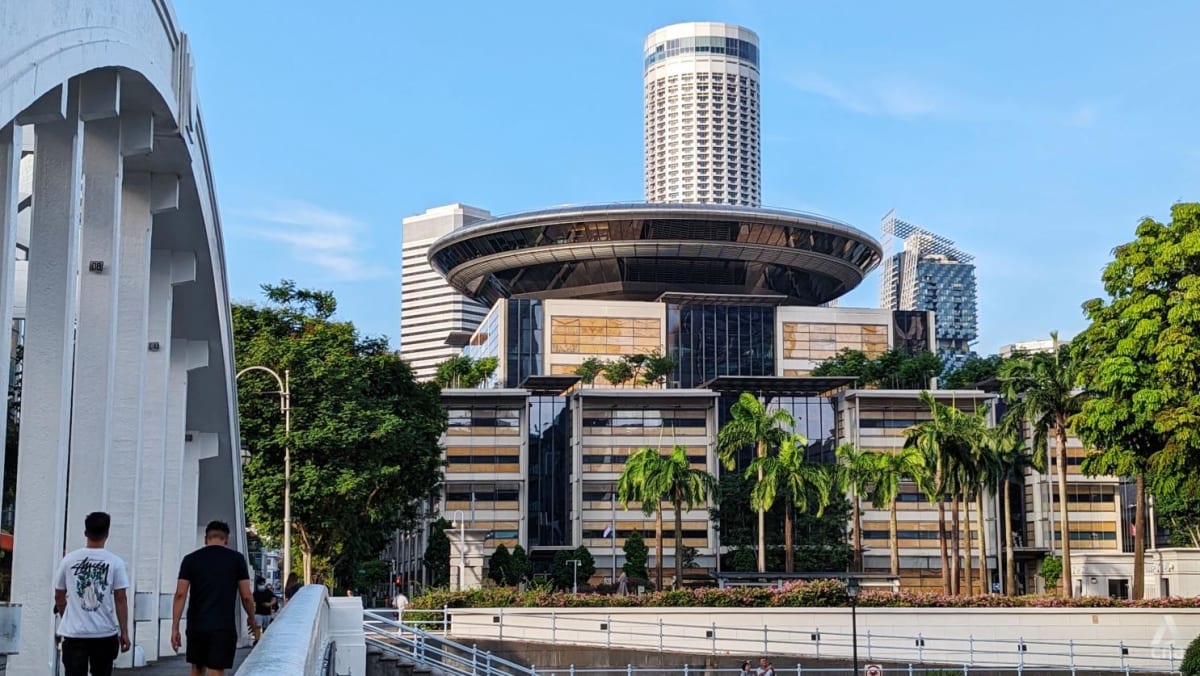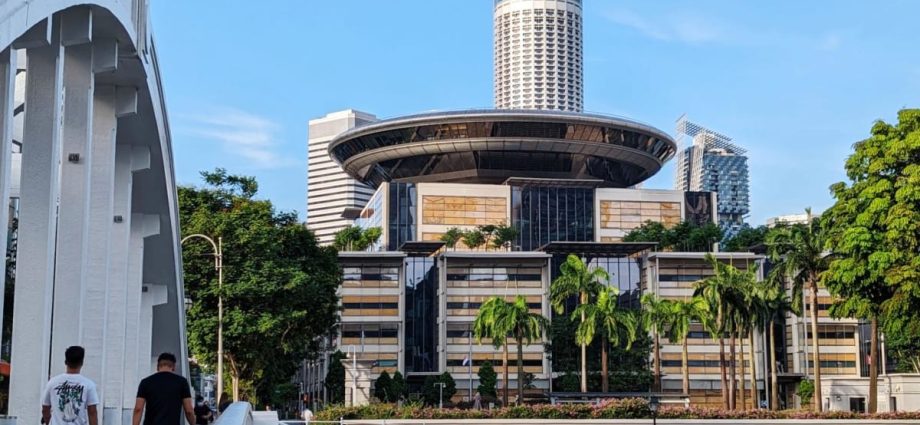
DETERRENT EFFECT OF DEATH PENALTY
The UN spokesperson said in the Apr 25 statement that the death penalty is ineffective as a deterrent.
“The death penalty is still being used in a small number of countries, largely because of the myth that it deters crime,” said the spokesperson, Ravina Shamdasani.
“We call on the Singapore government to adopt a formal moratorium on executions for drug-related offences and to ensure the right to a fair trial for all defendants in line with its international obligations,” she added.
In response, Singapore said that capital punishment has proven to be a strong deterrent against serious crimes in the country.
It cited the introduction of the death penalty for kidnapping in 1961. The average number of kidnapping cases fell from 29 per year between 1958 and 1960 to two or fewer cases annually in all but two years since 1961.
Capital punishment was also introduced for firearms offences in 1973. A similar decline in the number of such offences immediately followed this move. “Today, firearms offences are very rare in Singapore,” said the mission.
It added that when it comes to drug trafficking, the death penalty has also had a strong deterrent effect.
“When mandatory capital punishment was introduced in 1990 for the trafficking of opium, the average net weight of opium trafficked into Singapore in the four-year period that followed fell drastically by 66 per cent from the four-year period that had preceded its introduction,” said the mission.
It also cited a study conducted by the Ministry of Home Affairs (MHA) in 2018 which found a very high level of awareness of capital punishment among convicted drug traffickers, influencing their drug trafficking behaviour.
According to a separate study in 2021 which surveyed more than 7,200 people from countries in the region from which most of the drug traffickers arrested by Singapore originate, a majority of them believed capital punishment makes people not want to traffic substantial amounts of drugs into Singapore.
A majority also believed that capital punishment is more effective than life imprisonment in discouraging people from trafficking drugs into Singapore, according to the study.
The use of drugs has been linked to a host of social, economic and health-related issues, including increased crime rates, lower productivity and a greater burden on healthcare resources, said Singapore Permanent Mission.
“Singapore cannot afford such a high cost to our society and our people,” it added.
“We shall continue to implement evidence-based measures that have worked well for us in the fight against drugs.”

